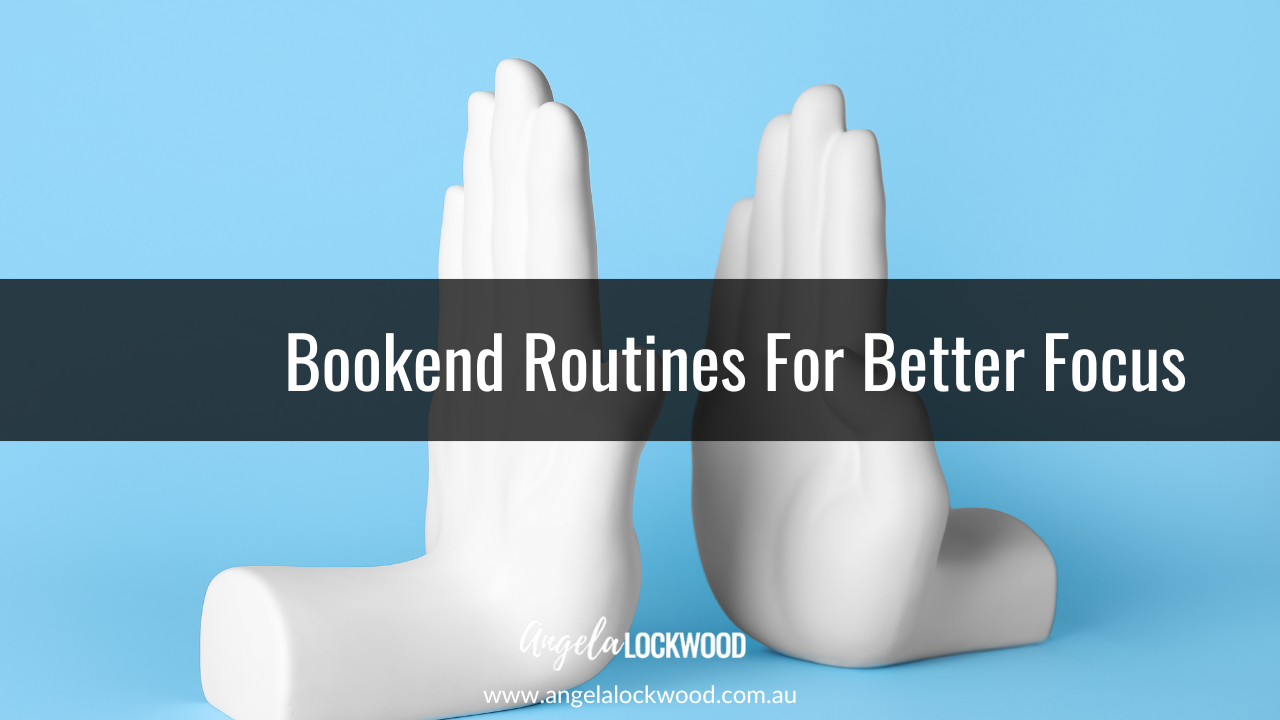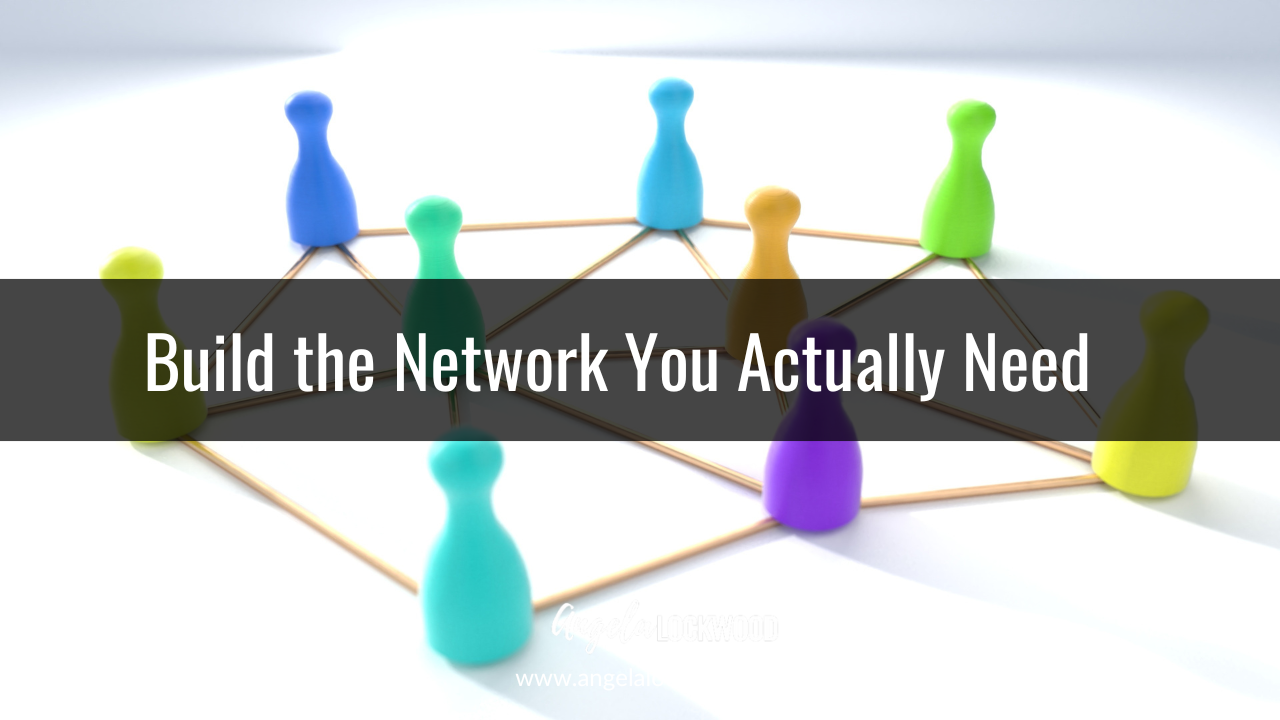Communicate with Confidence
Sep 17, 2024
In today's fast-paced world, effective communication is more crucial than ever. Whether in boardrooms, classrooms, or casual conversations, the ability to express yourself clearly and confidently can open doors to new opportunities and strengthen personal and professional relationships. However, many people struggle with communication, often feeling overwhelmed by the thought of speaking in public or expressing their ideas in an impactful way. This fear is more common than you might think, but with the right tools and mindset, anyone can learn to communicate with confidence.
As someone who has spent years speaking publicly, I understand the fears that come with it. As a child I put myself into positions where I was out of my comfort zone in front of an array of audiences. Whether this was debating at school, or Showgirl competitions and the Lion’s Youth of the Year competitions, as a child I could see the benefit of building confidence and skills in communicating. All of these experiences paid off for me into my adulthood.
Now as an adult I have spoken professionally for audiences from finance, travel, education, health and government industries. Some of the engagements were easy while others I felt the nerves.
I invested pretty heavily early on in my career to learn the art of communication through the mentorship and coaching of speaking legend Matt Church. This period for me was intense and helped me learn about myself and the art of speaking and communicating.
I was recently joined on my podcast by Jaimie Abbott, an expert in public speaking and communications, who shared valuable insights on overcoming fears and building confidence as a communicator. If you are a leader in any form or have aspirations to lead or to even become a paid public speaker then you will find this episode valuable. You can listen to the episode here Communicate with Confidence.
Overcoming the Fear of Public Speaking
Jaimie Abbott's journey is a testament to the power of embracing one's unique voice. With a diverse background in military communications, journalism, and business, Jamie has navigated multiple environments where communication was key. She candidly shared her experiences of feeling out of place or like an imposter, a sentiment many of us can relate to. Yet, her ability to adapt and confidently express herself in each setting highlights a crucial point: effective communication isn't about fitting into a mold but about finding and owning your voice. This is an important point.
One key strategy Jaimie emphasises is preparation. I too have seethey are prepared. Whether you're about to give a presentation, speak at a networking event, or have an important conversation, being well-prepared is essential. She suggests rehearsing potential scenarios and responses, particularly when you're stepping into unfamiliar territory. This rehearsal builds a sense of readiness, reducing anxiety and enhancing confidence.
The Role of Empathy in Communication
One factor that may surprise you is the role empathy has in effective communication. Understanding your audience's needs, concerns, and perspectives allows you to tailor your message more effectively. This is also where preparation comes in. Learning about your audience and what they need. Jaimie shared how she often considers her audience's viewpoint, imagining how she would explain a complex topic to a family member or a friend. This approach simplifies the message and ensures it resonates with those listening.
Asking questions and seeking clarification is another valuable communication tactic Jaimie highlighted. She encourages asking even the simplest questions if it helps clarify the message. This not only ensures you fully understand the topic but also makes the communication process more engaging and interactive. It breaks down barriers and fosters a more open, honest exchange of ideas.
Navigating Modern Communication Challenges
The rise of digital tools and artificial intelligence (AI) has transformed the way we communicate. While these tools offer incredible advantages, Jaimie warns against over-reliance on them. The key is to use technology to enhance your communication, not replace your authentic voice. This point really resonated with me. Our authentic voice can not be replaced by AI however it can help us craft what we want to say. Personal stories, genuine expressions, and your unique style are irreplaceable elements that make your communication impactful.
We can not escape the impact that AI has and will have on our communication. Jaimie highlighted the importance of finding a balance between leveraging AI tools for efficiency and maintaining your personal touch. Tools like AI can help generate ideas and streamline processes, but your personality and experiences should always shine through. So don’t just have AI write your speech or your article as the audience will know because it does not sound like you. Take the time to add in your personal voice and stories that relate to your audience. The audience or person you are communicating to doesn’t want to be listening to a robot recording, they want to be listening to what value you have to share. Remember, it's your story and insights that make your communication compelling, not just the technology you use.
So if communicating with confidence is an area you want to develop, remember there is no one right way to do it. Communicating with confidence requires self-awareness, preparation, empathy, and a willingness to be authentic.
Everyone has a unique voice worth sharing. By preparing adequately, empathising with your audience, and embracing the tools at your disposal without losing your personal touch, you can become a more effective and confident communicator. If you want help with this then go to www.jaimieabbott.com.au and you can see the programs she offers to help you communicate with confidence.
So, the next time you feel nervous about speaking up, remember: confidence comes from within. Embrace your uniqueness, prepare thoroughly, and speak with authenticity. You have a voice worth hearing!![]()






